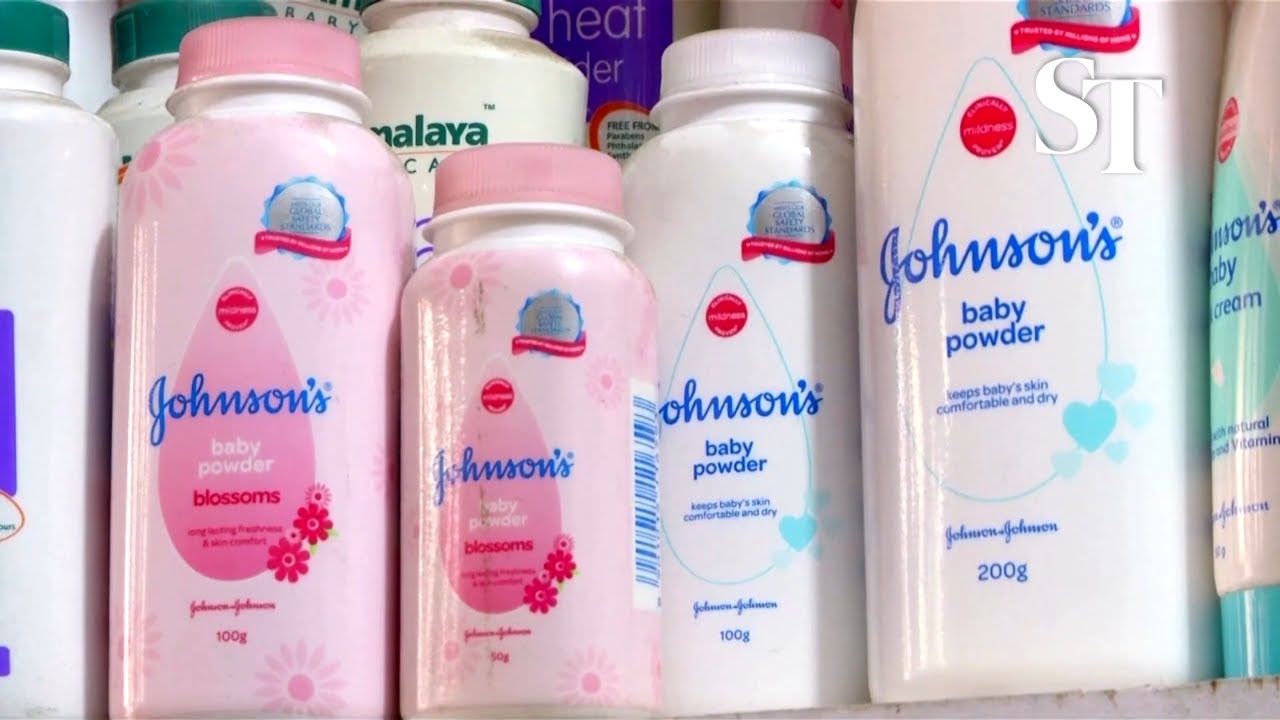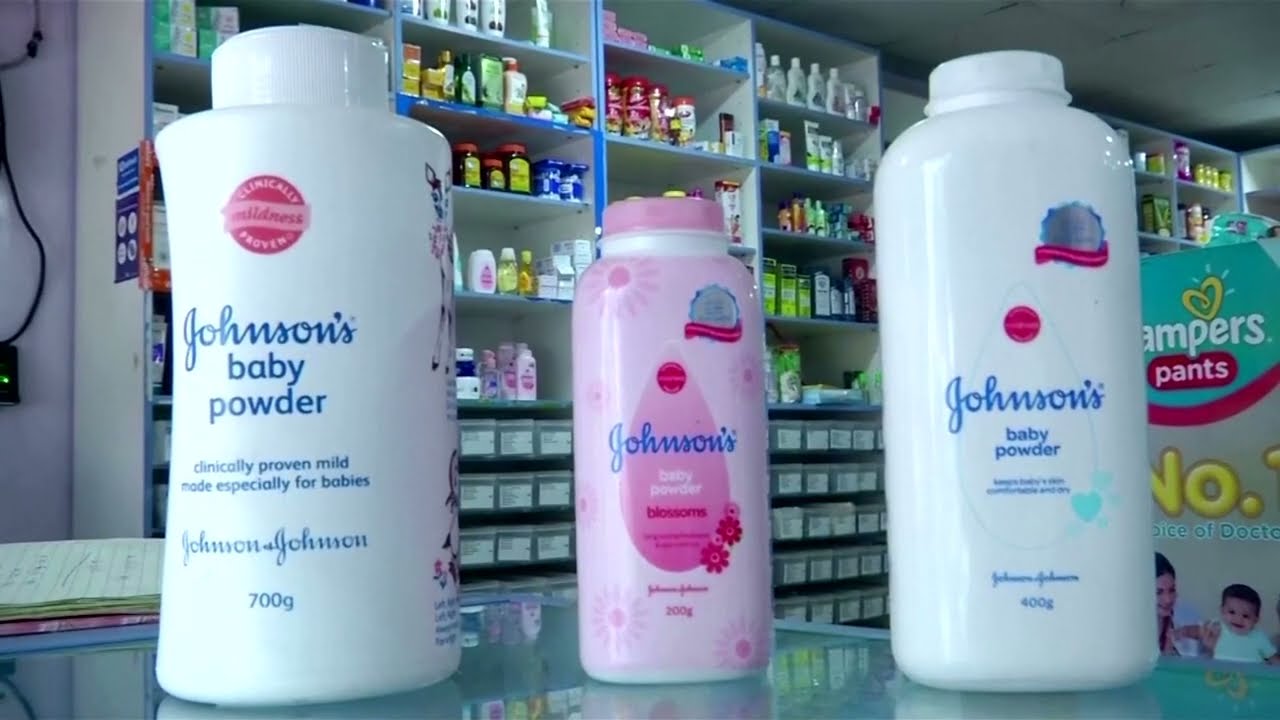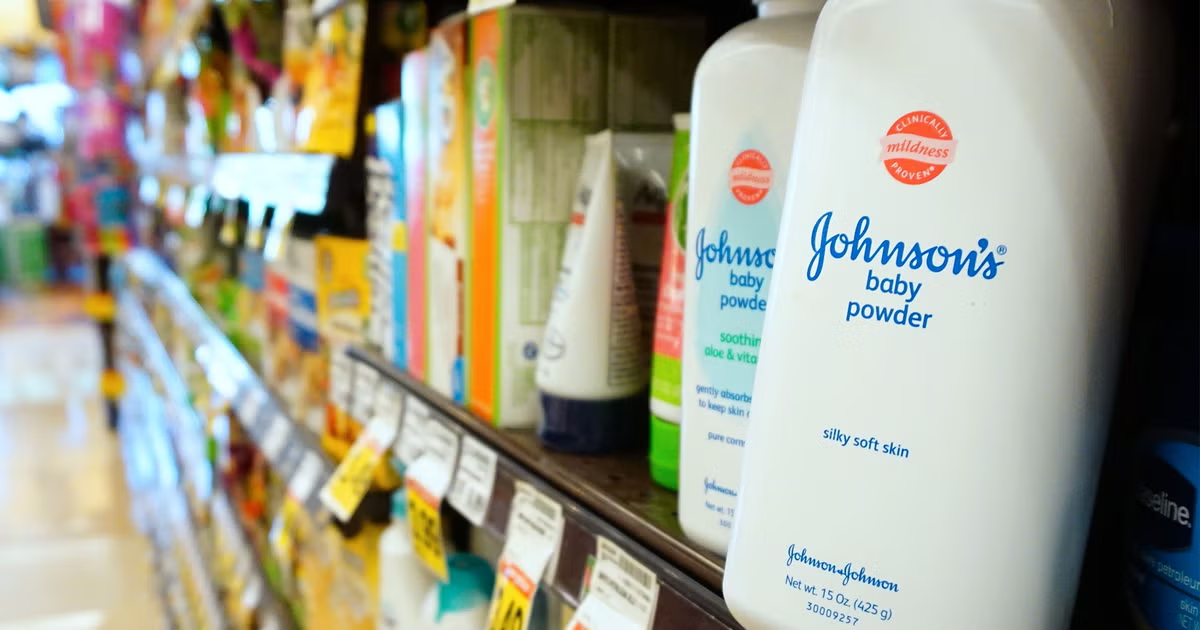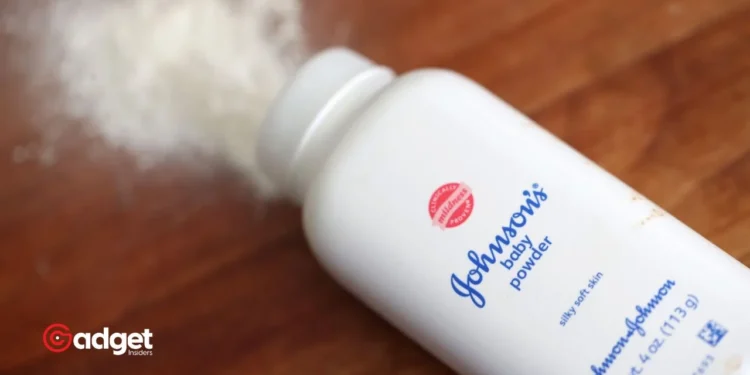In a landmark decision that underscores the dire consequences of corporate negligence, a Portland jury has awarded a staggering $260 million to Kyung Lee, a Beaverton resident whose life was forever altered by the devastating diagnosis of incurable mesothelioma. The verdict, a vivid illustration of justice served, held Johnson & Johnson accountable for its asbestos-tainted products that have shadowed numerous lives with grave illness.

The Talcum Powder Controversy: A Life-Altering Discovery
Kyung Lee’s battle began last year when she was diagnosed with mesothelioma, a rare and aggressive cancer typically linked to asbestos exposure. Mesothelioma predominantly affects the lining of the lungs and is notoriously difficult to treat, leaving patients with limited options. Lee, 49, attributed her illness to long-term use of Johnson & Johnson’s Baby Powder, a product she and her family had trusted implicitly.
“For years, Kyung and her family used Johnson & Johnson’s Baby Powder, not having any idea it could lead to a life-ending illness,” said Ben Adams, Lee’s attorney from Dean Omar Branham Shirley. “Today, Ms. Lee was able to see justice and secure a future for her family after she is gone.”
Amidst this backdrop, a Portland jury recently delivered a verdict against Johnson & Johnson, awarding Lee a substantial sum in damages for the company’s role in her illness.

Portland Jury Awards Verdict Against Johnson & Johnson
The Portland jury’s award consisted of $60 million in compensatory damages and a substantial $200 million in punitive damages, aiming to penalize Johnson & Johnson for its negligence and deter similar future conduct by other corporations. This verdict is part of a broader narrative, as Johnson & Johnson faces thousands of lawsuits alleging that its talc-based products, contaminated with asbestos, have caused ovarian cancer and mesothelioma in consumers.
The Response from Johnson & Johnson
Following widespread controversy, many retailers ceased the sale of Johnson & Johnson’s talcum powder in 2019. The company subsequently discontinued the talc-based product in North America in 2020 and announced a shift to a cornstarch-based formula worldwide in 2022. Despite these changes, Johnson & Johnson has not admitted wrongdoing and continues to dispute the allegations linking its products to cancer.

The Broader Impact: A Call for Corporate Accountability
This verdict is a significant moment in the ongoing dialogue about corporate responsibility and consumer safety. It not only emphasizes the need for stringent quality controls and transparency in product ingredients but also reflects a growing public insistence on holding corporations accountable for their actions. As Johnson & Johnson navigates this challenging landscape, the implications of this case will likely influence industry standards and consumer trust for years to come.
In the wake of this ruling, both legal experts and consumer rights advocates will undoubtedly watch closely as Johnson & Johnson continues to manage the fallout from its past product formulations. For Kyung Lee and many others, this verdict is not just a win in court but a symbol of hope and a step toward healing.










